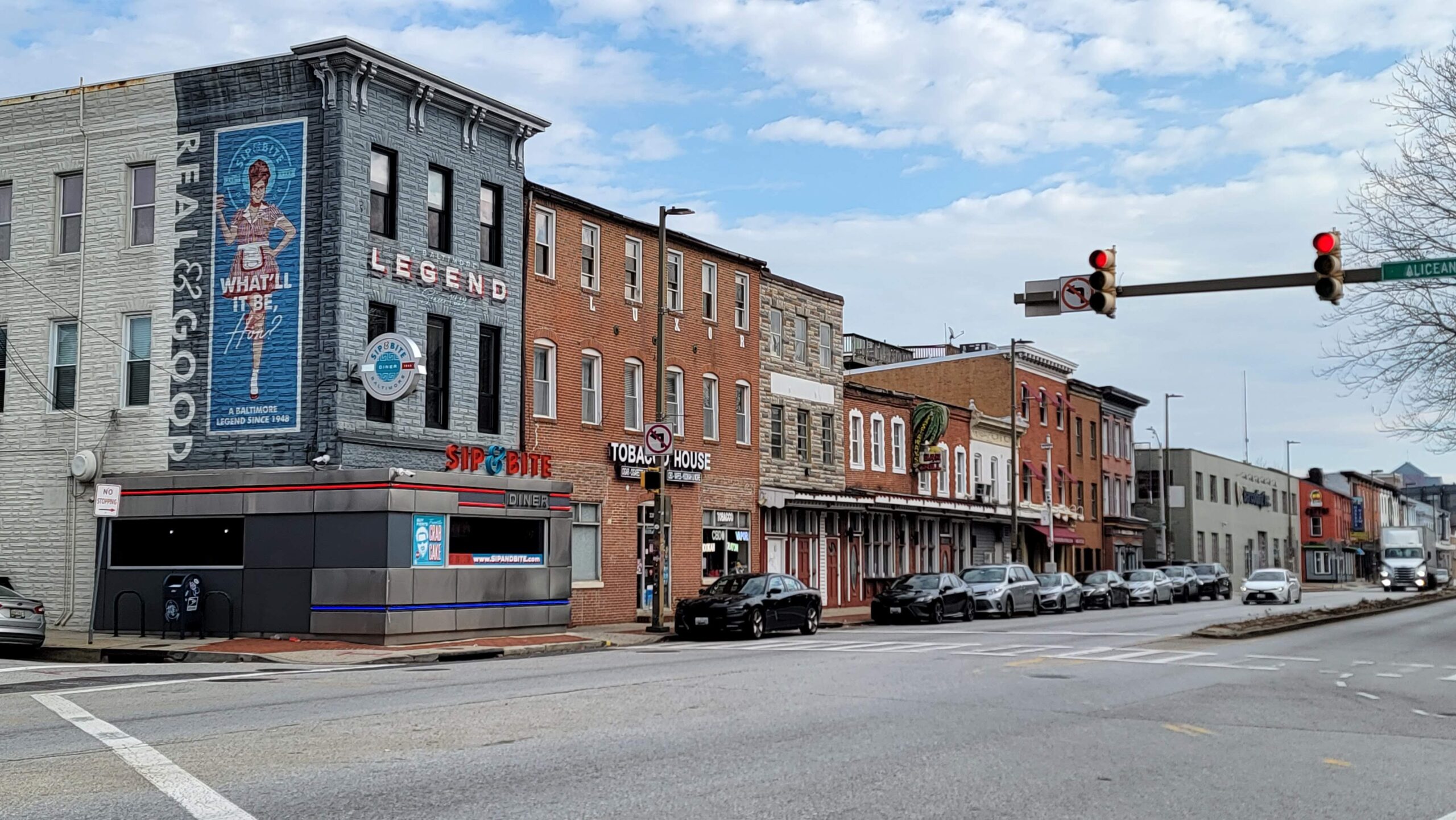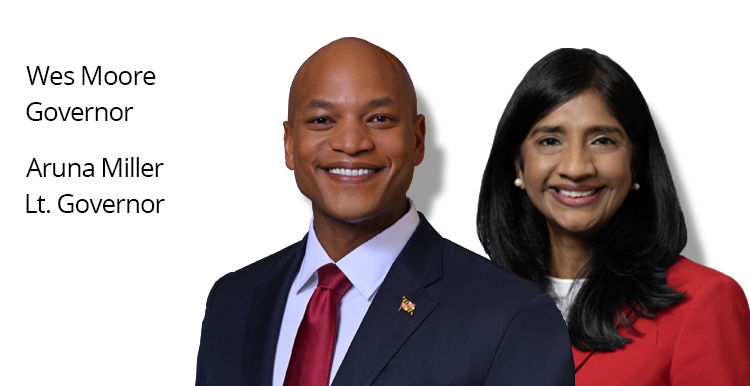
About
Background

PROJECT BACKGROUND
In June 2023, Governor Moore relaunched the Red Line Project, which was canceled in 2015 after over a decade of planning and design. This relaunch marked a significant milestone in the project’s history, revitalizing efforts to address a significant gap in east-west transit service between Bayview and Woodlawn through downtown Baltimore City.
The project priorities include:
- Improve transit efficiency and reduce congestion
- Increase access to transit near work and activity centers
- Better connect to existing transit service
- Provide transportation choices for commuters
- Support economic development and community revitalization
The project is supported by over a decade of planning and evaluation, all of which further supported the need for a premium transit east-west connection and the broad community support for the project.
In 2015, the Red Line project was cancelled, but the insights and commitments from the previous community engagement provide a strong foundation upon which the project can build during the relaunch of the project in 2023.
View past project documents:
2024
In June of 2024, Governor Wes Moore officially announced the selected mode for the Red Line will be light rail.
2023
The project was relaunched.
2022
East-West Corridor Feasibility Study was completed and evaluated various options to address current and anticipated east-west transit needs.
2021
East-West Priority Corridor RAISE Project
2020
Central Maryland Regional Transit Plan
2015
The project was cancelled.
2010
Station Area Advisory Committees formed and provided local insights to the Red Line station plans.
2008
State/City leaders and dozens of community and organization leaders signed the Red Line Community Compact that defined measures of success for the implementation of the project.
2002
Baltimore Regional Rail System Plan identified the need for better East-West connections across the Baltimore Region.
Following the Red Line’s relaunch in 2023, our primary objective was to reintroduce the Red Line Project to the public and modernize the project to match transportation needs. We accomplished this by drawing from past studies, engaging a broad cross-section of community members and partners, and advancing technical analysis on preliminary alternatives.
Throughout 2023 and early 2024, we gathered valuable community input on various aspects of the Red Line’s design, including mode types, route alignments, and the choice between tunnel or surface transit placement. This input informed the identification of Light Rail as the recommended mode; as well as refining and updating alignment options. Together, this work is laying the groundwork for upcoming funding, approval, and collaboration processes.


